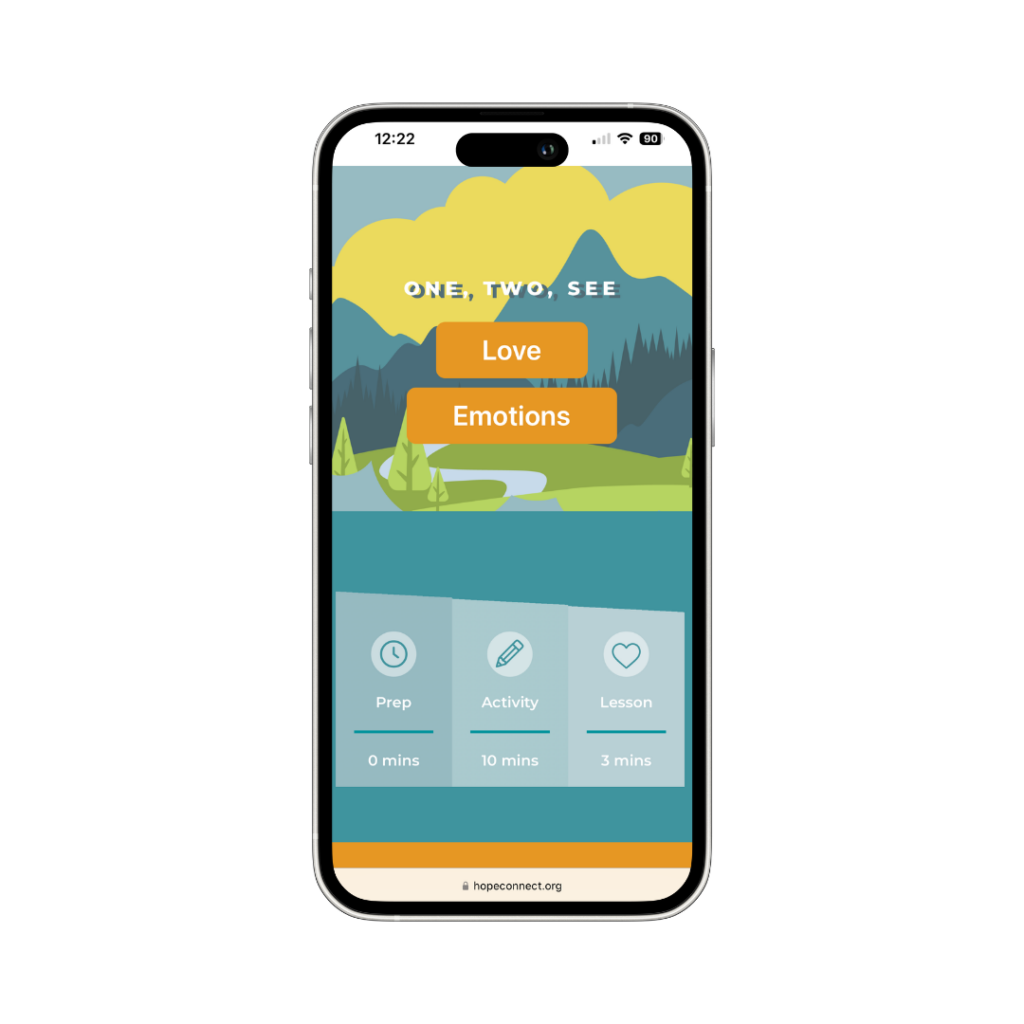It’s June, which is the unofficial start of summer vacation for most students in the Northern Hemisphere. Many children spend all year looking forward to the easy days of summer, and it’s no wonder.
For most children, summer is a time of rest and relaxation. However, when children do not have clear expectations or routines outlining what’s acceptable during their extended vacation, summer can easily become a time of chaos.
Here are some easy tips to help you and your child get ready for summer fun.
Make an Action Plan
Children, especially those impacted by trauma, thrive on predictability. Remember, trauma can disrupt a child’s sense of safety. So, make an action plan that includes both structured and unstructured activities to prevent boredom and encourage creativity. Involve your child in planning to give them a sense of control and agency. That way, you know they will enjoy your list of things to do in the summer with kids.
Here are important questions you need to ask yourself while arranging your child’s plans for summer fun:
- What will your child be doing over the break?
- Will they be attending a camp or summer school?
- Will they be staying with a relative while you’re at work?
- Is my child comfortable with separation, group activities, or new environments?
- Are there any special needs or accommodations to consider?
- What are the logistics like start and end dates and who will handle transportation?
- If co-parenting, how will we manage transitions between homes? .
Planning fun things to do in the summer — like camps, local outings, or simple at-home projects —reduces the last-minute scramble to entertain children, reduces parental stress and makes daily life more manageable. Even a flexible plan that builds in downtime can offer a helpful framework to prevent the “What are we doing today?” overwhelm.
Additionally, this is a great time to prioritize spending time outside or setting fun goals like reading a book together or starting a shared hobby. Implementing a plan and establishing a routine sooner rather than later will help your child adjust quickly.
Communicate Expectations
Once you decide what your child will be doing over the summer holiday, communicate your expectations for how their day will look. Consider following questions to determine your expectations:
- What are the new wake-up, meal and bedtime hours?
- Will there be a limit on how much screen time they can have?
- What household chores will be assigned along with the fun-filled family activities they’ll enjoy?
Make these expectations clear so there’s no miscommunication in the future.
Work together to create a Summer Daily Schedule and have a visual reference you and your child can easily reference throughout the day. This can be as structured or as flexible as your family needs.
If you’re worried about how much time your child spends on electronic devices, you’re not alone. To establish a healthy balance for screen time during vacation, you will need open communication and compromise between you and your child. Additionally, make sure you have fun summer activities lined up to help occupy your child’s time.
Check in with Your Child
As the parent, you have the final say in how you are going to raise your child. However, the Bible also warns us to not exasperate our children. One of the ways we can avoid doing this is by checking in with our children after a week into the routine and see how they’re liking it. If there’s room to compromise, be willing to make the adjustment so your child feels more comfortable with their schedule. This is also a good time to ask what other fun summer activities they might like to try.
One way you can improve communication is by prioritizing connection. If you need help coming up with some ways to connect with your child, check out the easy activities in our Everyday Moments™ collection.
Make Space for Free Time
While it’s important to have systems and routines, children still need some free time for summer fun.
Carve out space in your calendar so your children can have unstructured time to relax and enjoy their vacation. Be clear about the activities they can and cannot do during that time, but give them space to rest and recharge before beginning another busy school year.
KEY TAKEAWAY
Summertime is a laid-back part of the year when children can relax and recharge. Make the most of your summer months by communicating clear expectations to your children as early as possible and establishing a plan to help reduce stress and promote connection.
“Fathers, do not provoke your children to anger by the way you treat them. Rather, bring them up with the discipline and instruction that comes from the Lord.” ~Ephesians 6:4 (NLT)
APPLICATION
Summer is an excellent time to help your children reflect on who they are and the different roles they play in their day-to-day lives. Encourage your children by playing Pile of Purpose, a fun game that helps them see how much they contribute to their communities. Plus, this game serves as a reminder that Jesus is with them no matter what role they’re filling.
Find this game and more now in the Everyday Moments™ activities collection!




